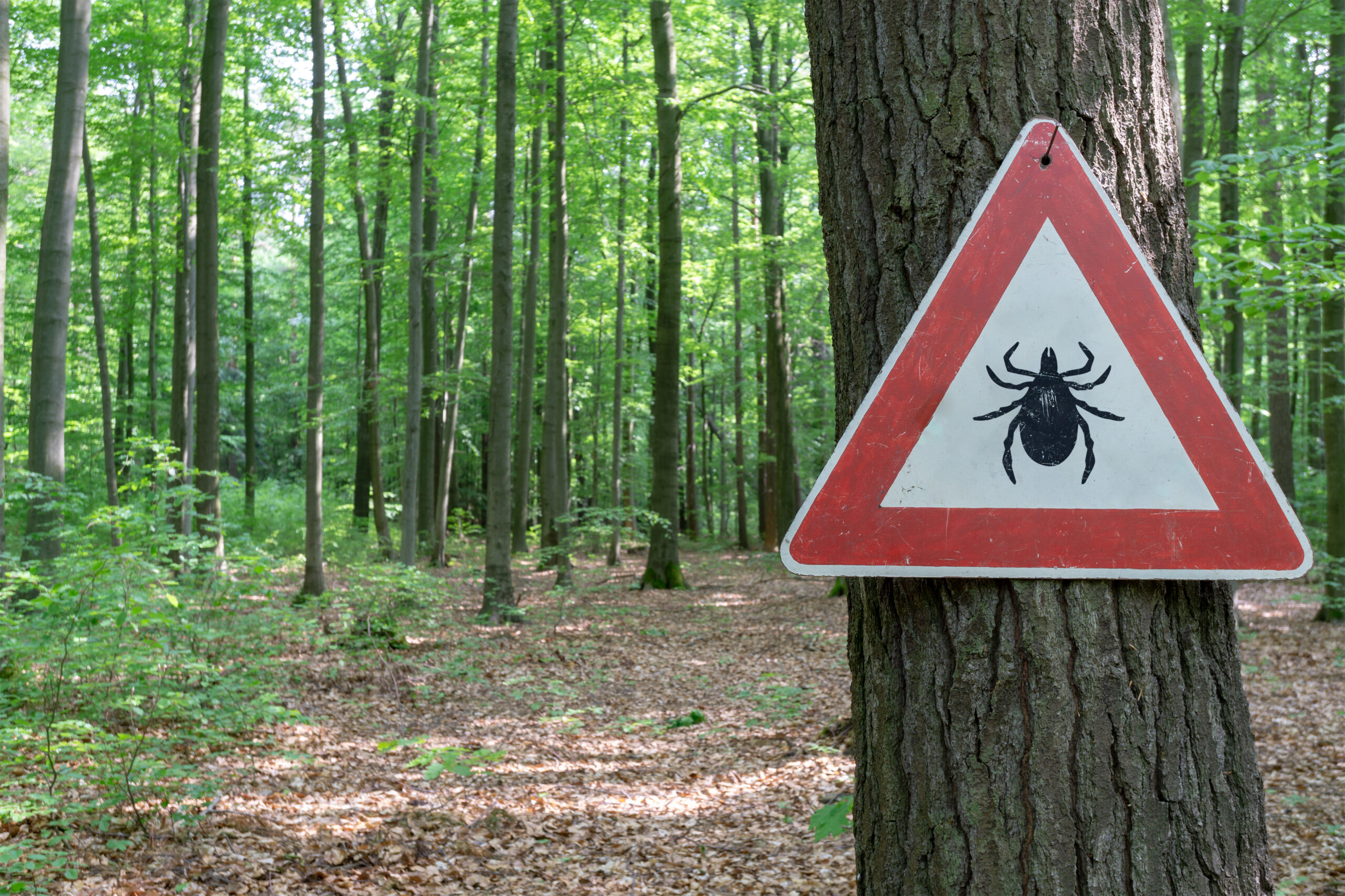Question
« La saison des tiques commence d’habitude en avril. Avec le changement climatique, d’autres espèces de tiques apparaissent de plus en plus au Luxembourg qui peuvent également transmettre des agents pathogènes à l’homme. Les infections principales sont la maladie de Lyme et la méningoencéphalite à tiques.
À ce sujet, j’aimerais poser les questions suivantes à Madame la Ministre de la Santé :
- Combien de personnes ont dû être soignées depuis 2015 après une morsure de tique ? Quelles maladies ont été détectées ?
- La dermacentor marginatus, ou « Schafzecke » en allemand, n’a pas encore été détectée au Luxembourg, mais elle s’est déjà propagée en Rhénanie-Palatinat. Madame la Ministre, estime-t-elle que cette espèce de tique pourra représenter un danger réel pour le Luxembourg à l’avenir ?
- Madame la Ministre, n’est-elle pas d’avis que la campagne de sensibilisation « Attention aux tiques ! », élaborée en 2016, devrait à nouveau être communiquée de manière plus visible à la population ? »
Answer
Le ministère de la Santé ne possède pas de statistiques sur les personnes qui ont dû se faire soigner pour morsure de tique. Par contre, depuis la loi du 1 août 2018 sur les maladies à déclaration obligatoire, entrée en vigueur le 1 janvier 2019, la Direction de la santé obtient des informations sur certaines maladies transmises par des tiques.
Sont ainsi à déclaration obligatoire, la maladie de Lyme (Borréliose) sous sa forme d’érythème chronique migrant et les formes neurologiques, ainsi que la méningo-encéphalite virale ou FSME (Frühsommer Meningoenzephalitis).
Aucun cas de transmission locale de FSME n’a été constaté. Pour la maladie de Lyme, 23 cas ont été déclarés en 2019, 47 en 2020, 13 en 2021, et – à ce jour – 1 seul en 2022.
Avec le changement climatique, il est fort probable que la population de tiques changera avec apparition de nouvelles espèces. Ceci est d’ailleurs aussi le cas pour certaines espèces de moustiques. La Direction de la santé collabore avec le Naturmusée pour la surveillance de ces insectes. Il est prévu de faire régulièrement des campagnes d’information du grand public sur les tiques et les moustiques, ainsi que sur les moyens pour s’en protéger.






